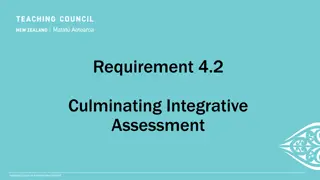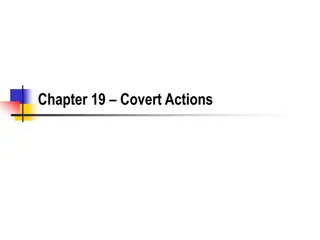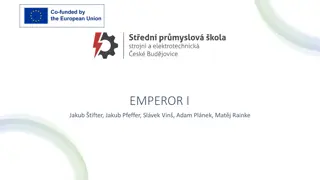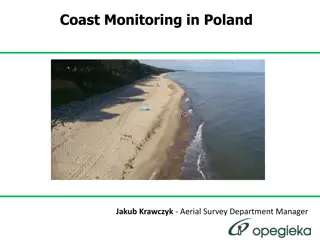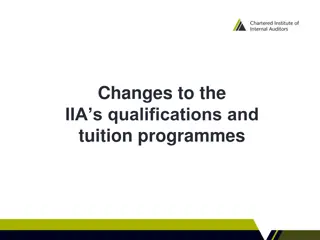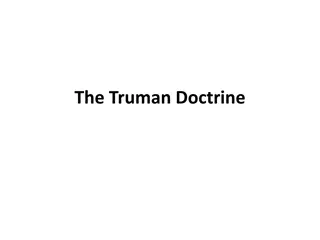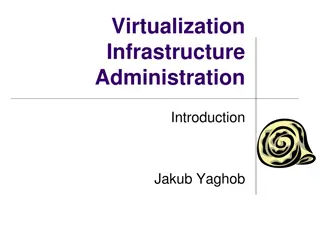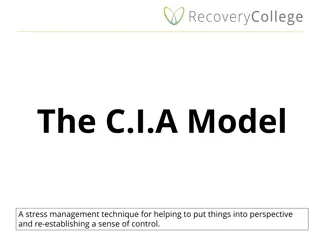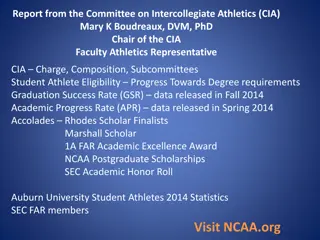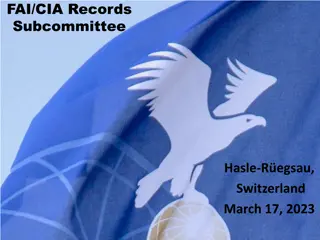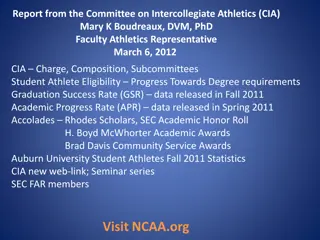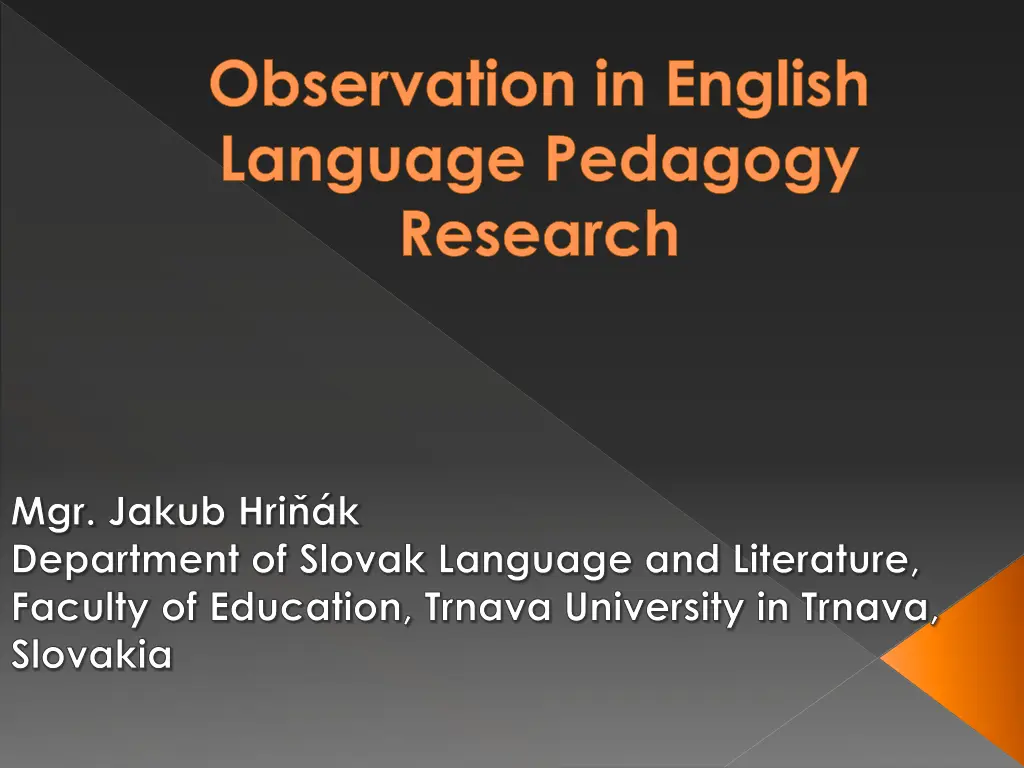
Observation in English Language Pedagogy Research Insights
Explore the methodology and findings of observation in English Language Pedagogy research, including steps, reliability, validity, chosen articles, and study interpretations. Delve into studies on constructivist teaching, ELT in Language Institutes of Iran, and transforming professional learning into practice. Understand the importance of defining observation objectives, subjects, elaborating observation plans, and ensuring reliability and validity in research.
Download Presentation

Please find below an Image/Link to download the presentation.
The content on the website is provided AS IS for your information and personal use only. It may not be sold, licensed, or shared on other websites without obtaining consent from the author. If you encounter any issues during the download, it is possible that the publisher has removed the file from their server.
You are allowed to download the files provided on this website for personal or commercial use, subject to the condition that they are used lawfully. All files are the property of their respective owners.
The content on the website is provided AS IS for your information and personal use only. It may not be sold, licensed, or shared on other websites without obtaining consent from the author.
E N D
Presentation Transcript
Observation in English Language Pedagogy Research Mgr. Jakub Hri k Department of Slovak Language and Literature, Faculty of Education, Trnava University in Trnava, Slovakia
Steps of observation definition of observation objective (reasons for observation); definition of subject of observation (what persons, objects or activities should be observed); elaboration of observation plan (when, how long, how often); the choice of the way of observation (who will observe, how the observation will be recorded and evaluated) ( vec, 1998).
Reliability and validity of observation Validity of observation: it measures what its user claims it measures; the indicators of the construct under investigation are fair and operationalized. Reliability of observation: the indicators have to be applied fully, consistently and securely, with no variation in interpretation.
Observation in English Language Pedagogy Research The following articles were chosen: Constructivist Teaching and Student Achievement: The Results of a School-Level Classroom Observation Study in Washington written by Abbott, Martin L. and Fouts, Jeffrey T. (2003); A Qualitative Analysis of ELT in the Language Institutes of Iran in the Light of the Theory of 'World Englishes' written by Reza Pishghadam and Fahimeh Saboori (2011); Transforming Professional Learning into Practice written by Sahin and Yildirim, (2016).
The interpretation of each particular study covers the following parts the information about the title; depiction of theoretical background; the research sample; research methods and application of the observation; formulation of research findings and the conclusion.
Study 1 An extensive classroom observation study in 34 schools to determine the degree to which constructivist teaching or authentic instruction was present in the schools. Observation was applied as the only research method. Classroom observations were done in 669 classrooms from 34 schools over a four month period of time. The sample of schools consisted of fifteen elementary, eight middle/junior high, nine high, and two technical schools.
Study 1 The study used the Teaching Attributes Observation Protocol (TAOP), which is based on a conceptual framework of constructivist teaching and learning. The general findings of this study were that strong constructivist teaching was observable in about 17% of the classroom lessons. The other 83% of the lessons observed may have contained some elements of constructivist teaching, but as many as one-half of the lessons observed had very little or no elements of constructivist teaching present. There appeared to be no differences among the elementary, middle/junior high and high schools as to the degree to which constructivist practices were used.
Study 2 The qualitative data presented in the article are based on 182-minute recording of 25 subjects' interviews and observation of seven 100-minute classes. The whole survey tried to analyse English language learning and teaching in the language institutes in Iran, with respect to English teachers' and English learners' attitudes toward the idea of World Englishes. The data collection took around four months.
Study 2 All data were gathered through interviews and observation. The general findings were that most of the teachers never used Persian in their classes and that they did not let their students use it either because of importance of English atmosphere. Most of the teachers and learners consider American English to be the best and standard variety and also quite superior to the other accents. Another significant finding of this study was most teachers' and learners' preference for exclusive use of English in the class.
Study 3 Interview was used as the main data collection method, which was triangulated with observation, as well as with document analysis. Observation was carried out twice. The first observation was realized during the entire INSET seminar programme for a total of 23 hours. The second observation took place as the post-INSET teaching practice observation.
Study 3 It was observed the entire INSET seminar with focus on the instructional methods, activities, and materials used in the delivery of the sessions; interaction among the participants and trainers; and the attitudes of the participants towards the programme. This study explored the connection between effective staff development practices and teacher change. Teachers transformation in professional learning started with self-reflection. The observation data showed that the positive changes in the students achievements and attitudes caused teachers to develop a higher sense of teacher self-efficacy and motivation.
Summary The articles have pointed out that observation is a frequently used methodology, which can be used as the only research method or combined with other methods. It can be summed up that observation is suitable for different kinds of research and for various research questions and hypothesis. Benefit for the researcher represents the possibility to observe and understand the natural environment during the research. The study discussed observation from the perspective of its application. The focus was on the implementation inside already published research papers from several journals that deal with English language pedagogy research. The analysis of sample articles has shown possible options available for use by researchers.
References ABBOTT, M. L., FOUTS, J. T. (2003): Constructivist Teaching and Student Achievement: The Resultsof a School-Level Classroom Observation Study in Washington. Washington: School Research Center. Available at: https://files.eric.ed.gov/fulltext/ED481694.pdf COHEN, L., MANION, L., MORRISON, K. (2007): Research Methods in Education. London: Routledge DUDOVSKIY, J. (2018). The Ultimate Guide to Writing a Dissertation in Business Studies: A Step- by-Step Assistance. Available at: https://research-methodology.net/research- methods/qualitative-research/observation/
References GAVORA, P. (2001). vod do pedagogick ho v skumu. Bratislava: Univerzita Komensk ho. GAY, L. R. el al. (2012). Educational research. Competencies for Analysis and Applications. New Jersey: Pearson. Competencies for Analysis and Applications GORMAN, G. E., CLAYTON, P. (2005). Qualitative research for the information professional (2nd ed.). London: Facet. KRIPPENDORFF, K. (2004). Content Analysis an Introduction to its Methodology. California: Sage Publications. Oxford Learner's Dictionaries. (2020). Available at: https://www.oxfordlearnersdictionaries.com/definiti on/american_english/observation
References PISHGHADAM, R., SABOORI, F. (2011). A Qualitative Analysis of ELT in the Language Institutes of Iran in the Light of the Theory of 'World Englishes'. Journal of Language Teaching and Research. Available at: https://www.researchgate.net/publication/266 215230 REID, E. (2012): Observation in Language Pedagogy Research . In: Pokriv kov , S. et al.: Research in Language Pedagogy (p. 29 61). Brno: MSD. SAHIN, I., YILDIRIM, A. (2016). Transforming professional learning into practice. ELT Journal, 70(3), 241-252. DOI: 10.1093/eltccv070 VEC, . et al. (1998). Metodol gia vied o v chove. Bratislava: Iris.

